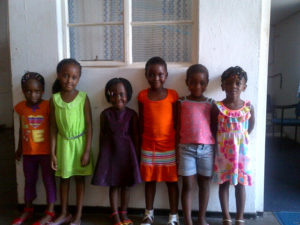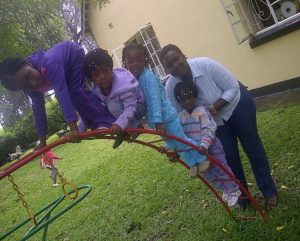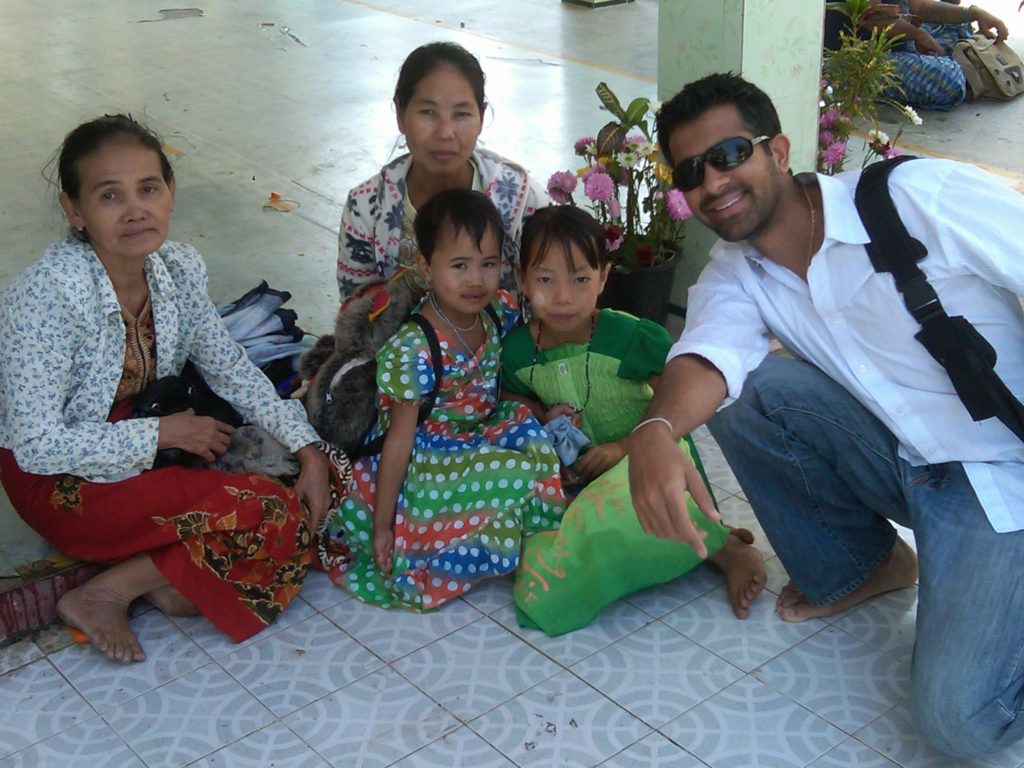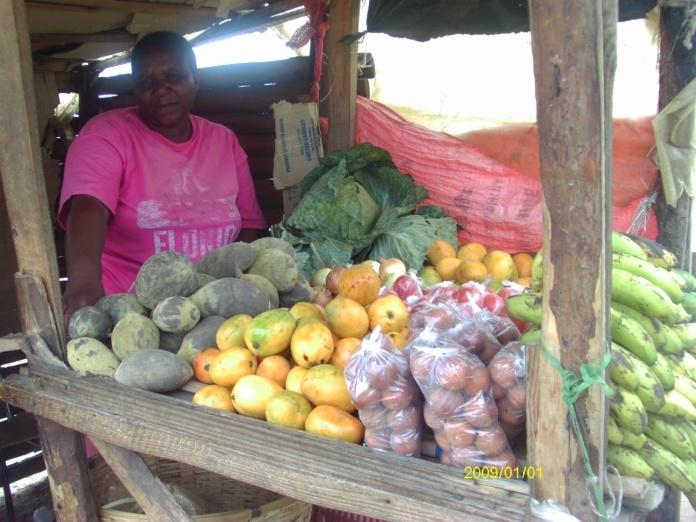Shyam is often asked why SKIpgo focuses on early childhood education instead of adolescent or college education. SKIpgo focuses on making the largest impact by investing its resources in opportunities that will have the most long-term results possible. By offering early-stage scholarships for girls ages three to five years old, SKIpgo ensures that this investment is lasting and ultimately ripples through the surrounding community.
“We’ve been approached quite a number of times by community members who say, ‘I know a girl, or a young woman, who needs some money to go to school or university.’ And unfortunately we have to say ‘no,’” Shyam says. “We believe that early-stage learning is the most important because it’s where we can make a lasting impact on a girl’s life—for the rest of her life.”
SKIpgo’s belief in the power of early childhood education is backed up by extensive research, which demonstrates that investing in this educational stage is an investment in the future of not only a child, but also a community. In this first segment of “Why Early-Stage Scholarships,” we explore children’s personal benefits of education at this level.

2014 SKIpgo Scholars
In 1991, The Carnegie Foundation’s survey of kindergarten teachers found that 65 percent of entering students were deemed ready to learn. While this is an assessment of American students, many of the findings are especially applicable to regions where SKIpgo operates. Teachers in the survey listed the most important determinants of readiness to learn as: high levels of physical health, nourishment and rest; the ability to verbally communicate needs, wants and thoughts; curiosity for new activities; the ability to take turns; and the ability to sit still and pay attention. Early childhood education fosters these abilities and hones these skills, so students can be more effective learners when they begin primary education.
The abilities that a child sharpens when she is young will persist throughout development and contribute to advanced learning. Evidence from the Perry Preschool Program, a premiere 1988 study that explored the impact of early childhood education, showed that girls who participated in early childhood education showed greater school achievement later on. Moreover, a similar study in New Zealand in 2004 by Cathy Wylie showed that quality early education continued to positively contribute to steadily improving math and literacy abilities at 12 years of age.
Additional studies of early intervention programs have shown increases in test scores and high school graduation rates, and has reduced grade retention, among other academic benefits. However, it is generally agreed upon in the academic community that the greatest impact of early education programs lies in socialization, not in I.Q. These skills will help scholarship recipients navigate their future schooling, their first job, and beyond.
According to Lee et al in a 1990 paper about the effects of Head Start in the US, developing skills such as self-control—as manifested by some of the aforementioned determinants of readiness—may be equally as important to future success in life as other cognitive skills. In a 2006 article in Science, James J. Heckman, a leader in the field of assessing early childhood education, asserted that, while cognitive skills are important, non-cognitive skills such as social skills, motivation, and determination are equally important for future success. SKIpgo scholarship recipients get a head start on life’s ladder by fostering these skills early.
Moreover, children enrolled in early childhood education programs earn higher wages and have lower rates of deviant behavior as adults. Other studies, including those by Schweinhart, Barnes and Weikhart in 1993 and Lynch in 2005, have shown that participants in early childhood education programs have higher employment rates, less drug use, and fewer teenage pregnancies.
“The schools that our SKIpgo girls attend do not only teach them English or history or math. They learn to be strong, independent women,” Shyam says.
By investing in these girls’ lives when they are young, SKIpgo lays a strong foundation for a promising future.
Read Part 2 and Part 3.








